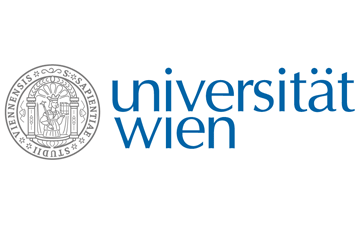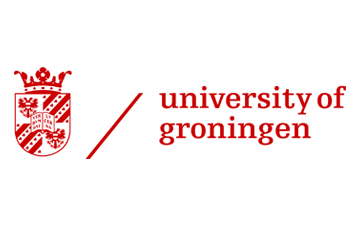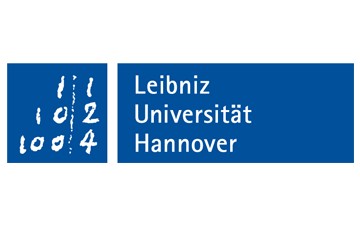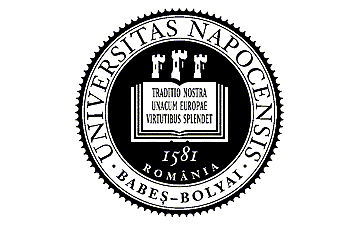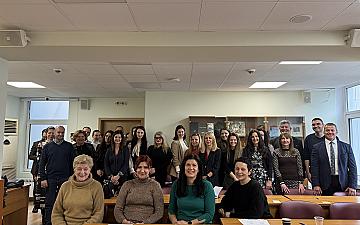RESPECT – Rules, Expectations & Security through Privacy Enhanced Convenient Technologies
Projects / Completed
Period: March 2012 – May 2015
Status: Finished
Contacts: Prof. George Dimitrov, DSc
Description
Convenience and cost-effectiveness are the key considerations for both citizen and security forces when deciding which technologies to embrace or avoid. State actors and private corporations adopt information communication technologies (ITCs) because they are cost-effective. The motivation for adoption may be different in the private and public sectors but once adopted these ICTs are then capable of being bridged in multiple ways permitting police/security forces to go beyond the data they gather directly but also increasingly tap into data gathered and stored by private corporations. These ITCs, which have to date gone through a period of largely organic growth, will be deemed to be “in balance” if they are implemented in a way which respects individual privacy while still maximising convenience, profitability, public safety and security.
RESPECT seeks to investigate if the current and the foreseeable implementation of informational and communicational technologies for surveillance of the citizens is balanced, determining on the grounds of different indicators “level of balance”, where a lack of balance may exist and how it is perceived by the citizens. The project studies the options for redressing in the “balance” through a combination of Privacy-Enhancing technologies and different operational approaches. The investigations are focused on five key sectors not yet tackled by other recent studies in this area (CCTV, database mining and interconnections, on-line social network analysis, RFID and geo-location/sensor devices and financial tracking).
In addition RESPECT will also carry out quantitative and qualitative analysis on citizens’ awareness and attitude to modern forms for surveillance. RESPECT will produce an aggregate of tools that would enable policy makers to better understand socio-cultural, operational and economical significance of the surveillance systems. The project will prepare operational guidelines for the incorporation of protection of personal data by design approaches which would enable the executive authorities to implement similar systems with lowest privacy risk and maximum security gain to citizen upon using of their personal data.
The project is supported by the European Commission, Section "Security", Subsection "Surveillance and challenges for the security of the citizen”, with financing under Seventh Framework Programme (FP7); and is created within the research network LexConverge. Prof. Joseph Cannataci is the main researcher and overall project coordinator as part of the University of Malta team. Bulgaria is in partnership with 19 other partners from 15 different countries.
Law and Internet Foundation shall manage Work Package 14 referring to the consolidation of significant information from studies conducted in the area of personal data protection, infringement of rights by the implementation of modern surveillance systems and social-economical price for their implementation. Prof. Dr. George Dimitrov, Chairman of Law and Internet Foundation, is Work Package 14 Coordinator.
For further information please visit the project website.
The project was implemented under Grant Agreement with the EU Commission №285582.
Events
- RESPECT Final Conference “Security, Convenience and Privacy: Trade-offs in the Information Society?” in Brussels, Belgium
- IRISS - RESPECT - SURVEILLE Joint Final Event 2014
- RESPECT Steering Committee Meeting in Barcelona, Spain
- RESPECT Second Policy Workshop „Technology and Crime: Law, Privacy and Policy in the Era of Big Data” in Barcelona, Spain
- RESPECT Steering Committee Meeting in Groningen, The Netherlands




